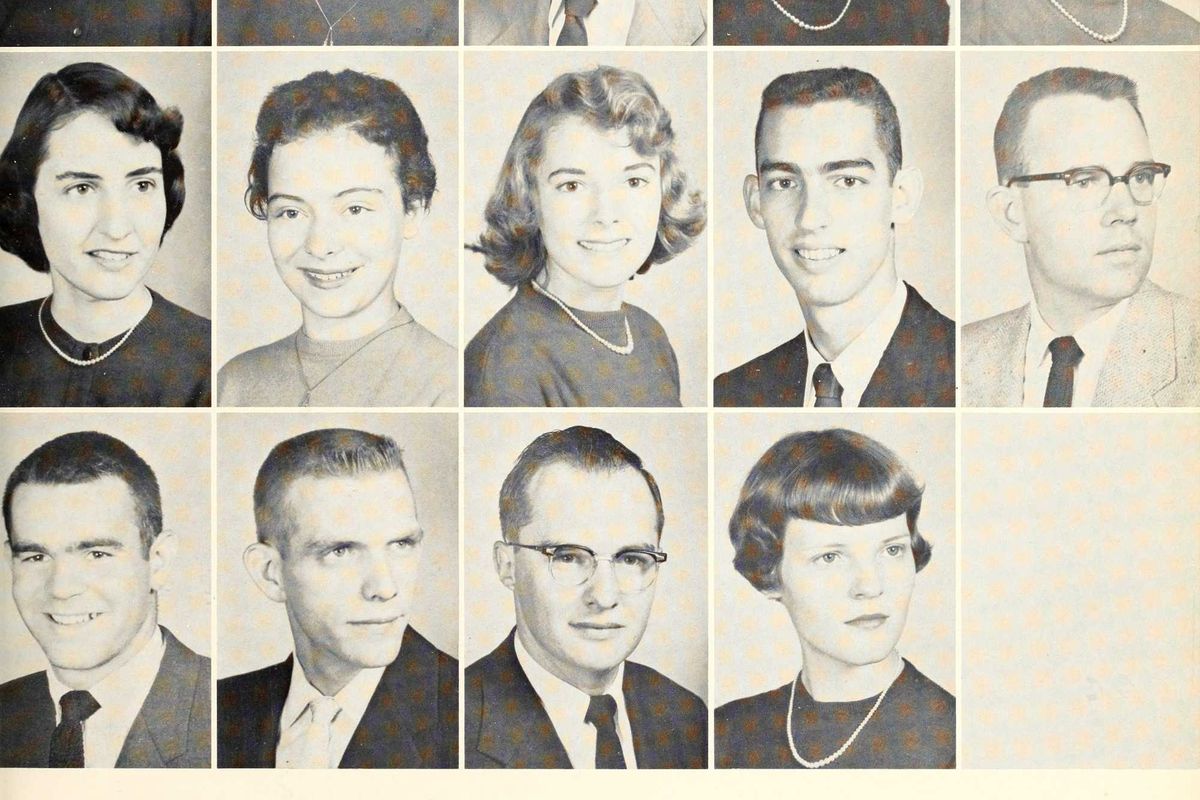Having a baby can be painful. Life after shouldn't have to be.
A new recommendation urges medical providers to screen new mothers for depression.
"I was like, 'Hey, I'm having postpartum depression.' I went to my OB, and he kind of brushed me off."
Almost immediately, Heidi Koss knew something wasn't right. The psychology major was experiencing some of the symptoms of postpartum depression and sought help. Sadly, it was hard to come by.
She went to her obstetrician/gynecologist only to be told she needed to "get out more" and maybe "buy a nice dress." She wasn't being heard. She wasn't being taken seriously.
"I kind felt like help was unavailable to me," she says.
She loved her baby, but she didn't love motherhood. Heidi recognized the symptoms of postpartum depression right away. Photo by Heidi Koss, used with permission.
Her postpartum depression continued on, untreated, for 17 months.
For those who've never experienced depression, it may be hard to understand what it's like to feel the symptoms compound over time. Heidi had nightmares, she felt scared, and she was irritable. The more time passed, the worse it got.
"And while I bonded to my baby and I loved my baby, I wasn't enjoying motherhood," she said. "It was a nightmare becoming a mother even though I loved my child."
It wasn't an issue of not bonding with her baby. She did. It was the depression, anxiety, hyper-vigilance, and fear that kept her from keeping calm. Photo by Heidi Koss, used with permission.
Her story isn't at all out of the ordinary. Pregnancy-related depression is very common.
According to Postpartum Support International, between 15% and 21% of women experience moderate to severe symptoms of depression or anxiety during pregnancy. Roughly 21% experience depression after birth. In fact, at that rate, mood and anxiety disorders are one of the most common pregnancy-related complications.
"It was a nightmare becoming a mother even though I loved my child."
Various studies have found that untreated depression and anxiety leave potentially lasting negative effects on parents and children.
That nightmare Heidi went through with her first doctor? It should never happen, but now it should happen much, much less.
The U.S. Preventative Services Task Force, an independent review board, in early 2016 issued some new, potentially lifesaving guidelines for depression screening. Here's what that means:
- All adults should be screened for depression (including pregnant women and new moms).
- Treatment should be made available for people who test positive.
This may not seem like a big deal, but it is. As Heidi's story illustrates, even when mothers actively sought help, it was sometimes denied. Now, hopefully, screening for depression will become a routine part of pregnancy, and new mothers won't face that same struggle.
"I think it's imperative to do early screening with every single mother every single time," Heidi tells me. Photo by Heidi Koss, used with permission.
Having a treatment plan in place ahead of her second pregnancy made all the difference in the world for Heidi.
Knowing she was at risk — mothers affected by mood and anxiety disorders are more likely to develop them during future pregnancies — she took preemptive measures before and during her second pregnancy, such as receiving therapy and medication to help ease the transition. Shortly after giving birth, symptoms of depression returned. Luckily for her, she had the right people and care providers in place.
"With my first, it took 17 months before I found an appropriate care provider who actually listened and got me into appropriate treatment. ... 17 months is a world of difference."
Not only will new guidelines help prepare doctors, but they'll also reduce stigma that surrounds depression.
In 1996, a National Mental Health Association survey found that the majority of Americans "think of depression as a sign of personal or emotional weakness." Other studies have shown a belief that seeking therapy or medication to treat depression or anxiety is a sign of poor character. Medically, these beliefs are flat-out wrong. Even so, they may deter people from seeking treatment.
If doctors roll depression screening into the battery of tests that accompany pregnancy, they will help normalize and reduce the stigma associated with it.(And, you know, it ensures that they're equipped to help out in these types of situations, as well.) Other tests can be self-administered, such as the Edinburgh Postnatal Depression Scale.
This was a huge step forward in identifying and treating an all-too-common complication.





 Millennial mom struggles to organize her son's room.Image via Canva/fotostorm
Millennial mom struggles to organize her son's room.Image via Canva/fotostorm Boomer grandparents have a video call with grandkids.Image via Canva/Tima Miroshnichenko
Boomer grandparents have a video call with grandkids.Image via Canva/Tima Miroshnichenko
 Smiling at work, checking messages during a break.
Smiling at work, checking messages during a break. Man focused on his phone screen, deep in thought.
Man focused on his phone screen, deep in thought. Focused multitasking at the office.
Focused multitasking at the office.